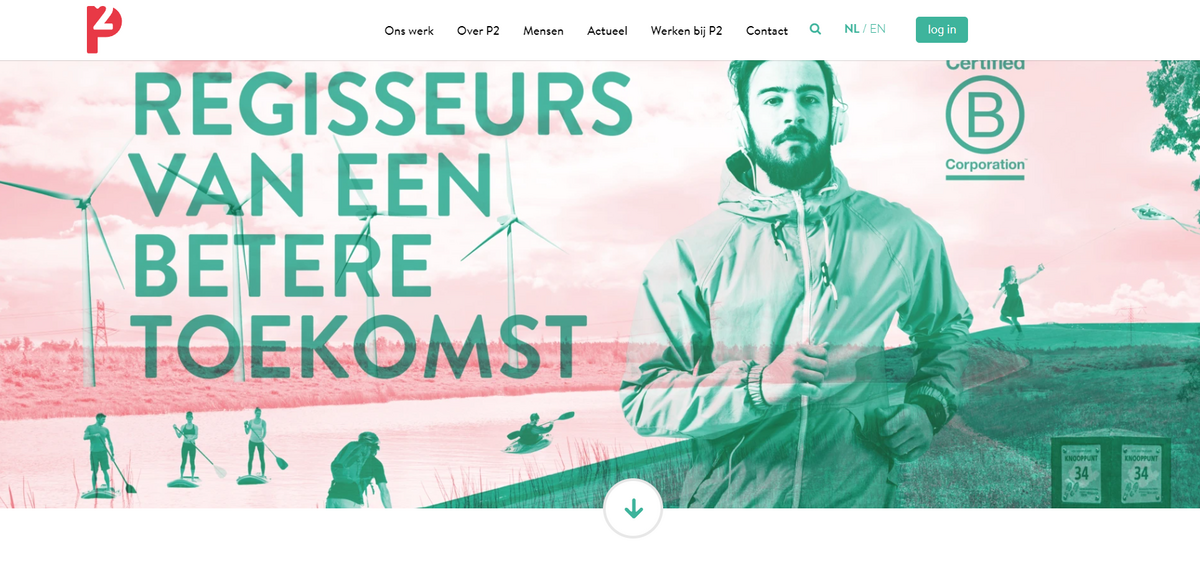Project Overview: Shaping Multifaceted Development Initiatives
The project brings together a diverse range of development challenges and innovative opportunities across multiple sectors including rural areas, water and climate management, food and innovation, energy transition, happy neighborhoods and cities, and mobility transition. In the rural area, diverse interests meet, and collaboration with an integrated approach is crucial to achieving results that benefit the whole region. The project supports a future-proof rural area by driving integrated agendas, addressing eight complex tasks with an involved stakeholder process—achieving progress even when time is of the essence. This multidimensional approach reflects a focus on consultancy, management, project management, process management, portfolio management, programme management, training, facilitation, mutual gains approach, negotiation, and collaboration. It is a dynamic blend of practicality and visionary strategies that sets the stage for sustainable change…
Main Benefit: Fostering Collaboration for Vital Outcomes
Key figures and facts demonstrate the benefits clearly:
- Invests in a human-centered approach that combines sound principles of project management with an eye for collaboration and negotiation.
- Guides a regional agenda to tackle eight complex tasks by integrating various interests and industrial insights.
- Deploys portfolio and programme management strategies that ensure a coherent integration of diverse projects.
- Embraces a mutual gains approach to foster transparency, trust, and supportive stakeholder involvement.
- Enhances capacities through training and facilitation, driving transformation in rural, urban, and energy sectors.
Transforming Rural Areas and Water Systems with Integrated Strategies
In rural regions, the project highlights how multiple interests and challenges interconnect. The process of building a future-proof rural area, despite uncertainties, is supported by an integrated approach. For instance, in Gelderland, the local program is steered by a collaborative process that involves input from various stakeholders. Likewise, in water and climate, urgent steps are vital given the historical focus on ‘dry feet’ and the growing challenges posed by climate change. The Netherlands, with much of its land below sea level, faces significant vulnerability, and today’s strategies encompass ensuring dike reinforcement and maintaining a safe water ecosystem. This approach tackles the transformation in water governance—shifting from traditional methods to one that retains, obtains, and purifies water in new, innovative ways.
Innovating in Food Systems and Energizing the Transition
Food and innovation remain at the forefront of this multidimensional project. By accelerating the transition to future-proof food production, the project unites partners to share knowledge and build trust in complex recycling initiatives. An example comes from Euro Pool System, where sustainable practices transform old reusable packaging into new materials while optimizing logistics. Similarly, the energy transition embraces rapid changes in global energy demands by promoting renewable sources and energy efficiency. Grid operators such as TenneT and Enexis benefit from guidance in constructing a future-proof grid—ensuring the supply is both resilient and adaptive. The Smart Energy Hub from the Halfweg-Molen business park further underscores the importance of addressing grid congestion and aligning various developmental interests with sustainable, clean energy solutions.
Transforming Urban Spaces into Happy Neighborhoods and Cities
Urban initiatives in the project are equally dynamic and responsive. Urban centers like Rotterdam and The Hague are showcased as spaces where livability is enhanced through integrated solutions. In Rotterdam, projects aimed at extending the quality of life by supporting longer, healthier lives at home illustrate the potential of collaborative care. Efforts to realize flexible housing solutions tackle complex, sensitive challenges while ensuring opportunities for all residents. Similarly, Rotterdam’s focus on giving every bike a place emphasizes efficient space usage and sustainable mobility. The initiative is not solely about reducing congestion—it is also about creating accessible, healthy, and socially strong neighborhoods that incorporate a collaborative, people-centric process across multiple stakeholders.
Project Impact: Advancing Sustainable Development Goals
- SDG 2: Zero Hunger – as showcased in efforts to support sustainable and healthier food systems.
- SDG 6: Clean Water and Sanitation – through initiatives that enhance water retention, purification, and supply safety.
- SDG 7: Affordable and Clean Energy – via the implementation of a future-proof grid and cutting-edge renewable energy solutions.
- SDG 11: Sustainable Cities and Communities – driven by innovative urban planning in Rotterdam and The Hague.
- SDG 13: Climate Action – with proactive measures in rural regions and water systems that respond to climate change challenges.
Revitalizing Urban Logistics and Mobility Transition
The project also tackles the challenges of mobility transition head-on. Urban logistics in cities like The Hague illustrate the importance of sustainable and efficient transport solutions. With the upcoming implementation of zero-emission zones from January 2025, there is an urgent call for clear program plans that address the departure of polluting delivery trucks from the city center. This initiative underscores the necessity to align urban mobility with broader environmental and social goals. In parallel, giving cyclists and pedestrians ample space in Rotterdam supports a dynamic environment where cars, bicycles, public transport, and pedestrians can coexist more harmoniously. These efforts result in a more livable urban landscape that supports safety, efficiency, and a steady progression towards sustainable urban development.


















